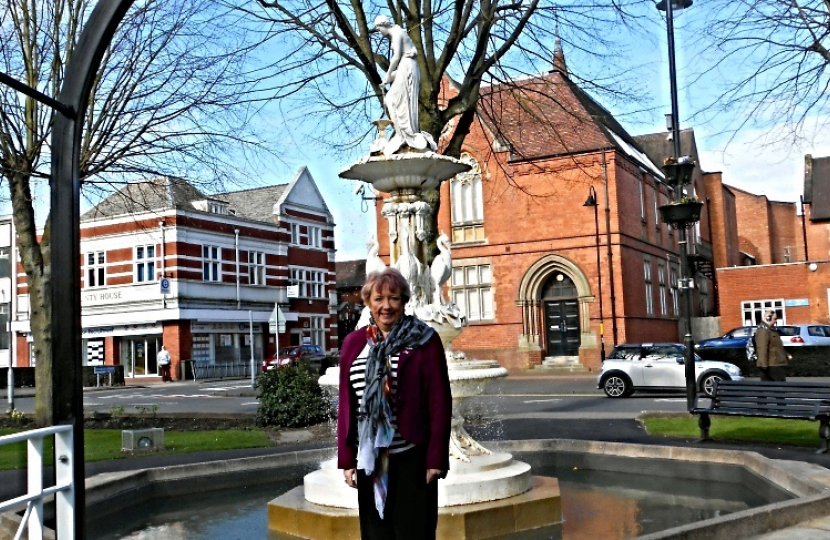
FAR from being the bruising that was widely predicted, this week’s Autumn Statement and Spending Review from the Chancellor delivered great news for millions of families and businesses.
The Spending Review set out how £4 trillion of Government money will be allocated over the next five years, so the Government can invest in priorities like the NHS, defence and housing.
On average, Departmental spending will fall at less than half the rate of the previous five years. Last year, the deficit was halved compared to its 2009 to 2010 level. Next year, it will be down by three quarters. Over the next four years, the deficit will have been eliminated and the Government will be running a surplus – good news for everyone.
The improved public finances allow the Government to reach the same goal of a surplus while cutting less in the early years. That is why it could help on tax credits and so the tax credit taper rate and thresholds remain unchanged.
With regard to housing, the government is also announcing a Help to Buy: Shared Ownership scheme to help people get on the housing ladder. Also from 1 April 2016, people purchasing additional properties such as buy to let properties and second homes will pay an extra 3 per cent in stamp duty. But the money raised will be used to help those struggling to buy their first home.
Overall police spending will be protected in line with inflation – an increase of £900 million by 2019-20. Additional funding will be provided for forces who have strong proposals to support efficiency and reform. The National Crime Agency’s budget will also be protected in cash terms to help cut organised crime. This funding will also allow forces to adapt to changing crime threats and train more firearms officers to make sure the country can be protected from terrorist threats.
Local councils will be given more powers over decision making in their local areas. They will be able to add 2 per cent on Council Tax to pay towards social care in their areas, if they wish. From 2020 they will be able to keep money from business rates collected from shops and businesses, to spend on local services like street repairs, libraries and transport.
NHS England will receive £10 billion more a year in real terms by 2020 than in 2014-15. This will fund 800,000 more operations and treatments, 5.5 million more outpatient appointments, 2 million more diagnostic tests and allow access to GP services in the evenings and at the weekend, and 7-day access to hospital services by 2020. By 2020, health and social care will be integrated across England, joining up services between social care providers and hospitals. This will mean that health and care will feel like a single service for patients.
From 2020, people with suspected cancer will be diagnosed or given the all clear within 28 days of being referred by a GP, helping to save up to 11,000 lives a year.
From April 2016, the basic state pension will rise to £119.30 per week, an increase of £3.35. This will be the highest real terms increase to the state pension for 15 years.
Schools funding is to be protected in line with inflation. £23 billion will be invested in school buildings, creating 600,000 extra school places and 500 free schools.
There are other initiatives too many to mention here, but for full details just visit: https://www.gov.uk/ and type in Spending Review into the search bar.
If of course you would like to speak to me about anything please either send me an e-mail at [email protected] or give me a call on 01527 591334. As ever you can also keep up to date with my whereabouts on Twitter and on Facebook.
Best wishes
Karen



